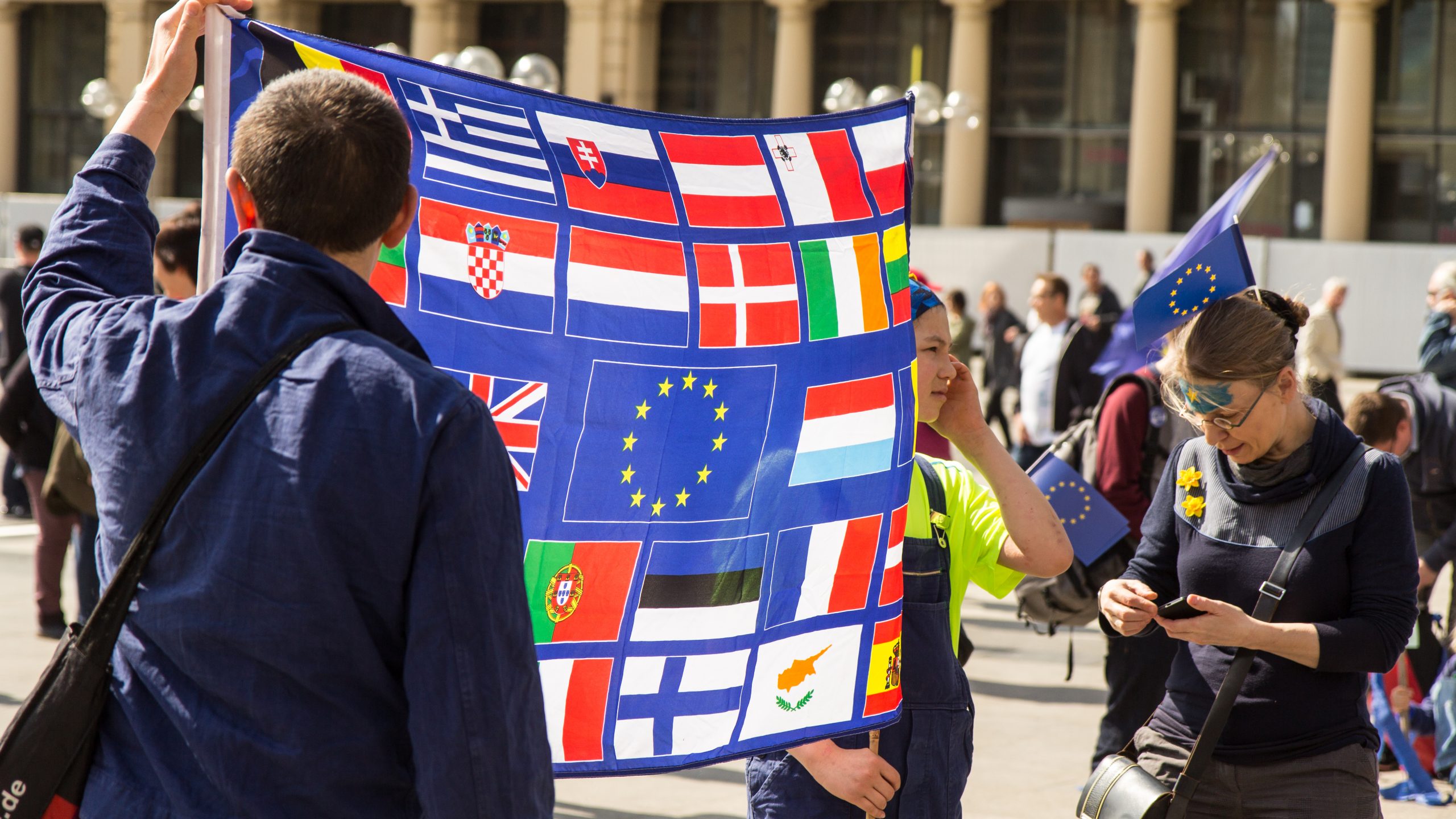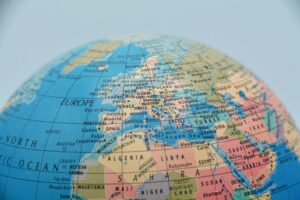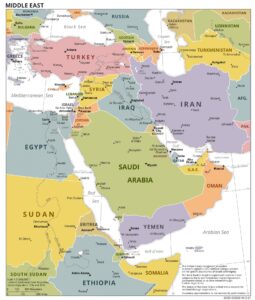The meeting was intended to be discreet, and it was. Coming from the Russian and Central European diaspora, from what was once the Soviet bloc, these journalists did not want to attract the attention of the press or the intelligence services, as they had to discuss complex issues in confidence.
How can we fight against the systemic corruption that is plaguing not only Russia, but also Slovakia, Hungary and Bulgaria, and spreading ever further? How can we report on the war in Ukraine when readers are fed up with the horror and not everyone, in Russia or elsewhere, wants to confront Putin?
How can we reinvent the free press, which is even more fragile in these countries than it is in the old democracies? How can we define authoritarian regimes which retain nothing of democracy other than elections distorted by the destruction of all checks and balances and, in the case of Russia, by the restoration of brutal repression? And above all, how can real links be forged between Russians and Central Europeans who share so many similar challenges but are so divided by a common past that not a single Ukrainian was present at the meeting?
This was the elephant in the room, the question that wasn’t asked but was so much present that there were long breaks between the debates for coffee, biscuits and asides to get to know each other, in English or Russian.
It was a success that will be repeated, but four things have already been agreed.
The first, explained by a Russian politician who is now a refugee in Germany, is that we must never forget that despite the entry of Russian troops into Ukraine, despite Orban, Putin and the rest, democracy has spread like never before in Europe. Violated, abused or threatened, it has become the norm right up to the Russian border, and a large part of the Russian population itself claims it and hopes for it, heroically or in silence.
The second is that this reality is so tangible, and so intolerable to Vladimir Putin and the extreme right who admire his dictatorship, that the real frontier dividing Europe is neither the frontier between left and right, nor the frontier within the Union between the countries that emerged from the Soviet bloc and the others, but Europe itself. Some want the European values of respect for the rule of law and human rights to triumph, while others are frightened by them and spit them out, and this is the border that fundamentally explains Russia’s aggression against Ukraine.
The beauty, the magic, of this meeting is that democratic Russia, embodied at this meeting by its journalists in exile, joined the democrats of the Union, notably the Hungarians and Slovaks, in a common battle against Orbano-Putinism.
Thirdly, just as there are no longer any differences between young people in Poland and young people in the Netherlands or Sweden, there are no longer any differences between young people in urban Russia and young people in Northern Europe. Aspirations, clothes, reading, music and English as a common language are all the same, and another Russian politician pointed out that for the first time in his country’s history, the Russian population is more European than the ruling classes.
It is only a short step from all this to thinking that Putinism will one day have been a dreadful parenthesis and that Russia will end up preferring European democracy to Chinese subjugation?, but the question is to know when and after how many trials.
Opinions differ on this point, but what is certain is that it is up to the Russian press in exile to build the political scene that Russia is lacking, because it is the only one in a position to do so.
(Photo: Elke Wetzig, CC BY-SA 4.0, Wikimedia Commons)





